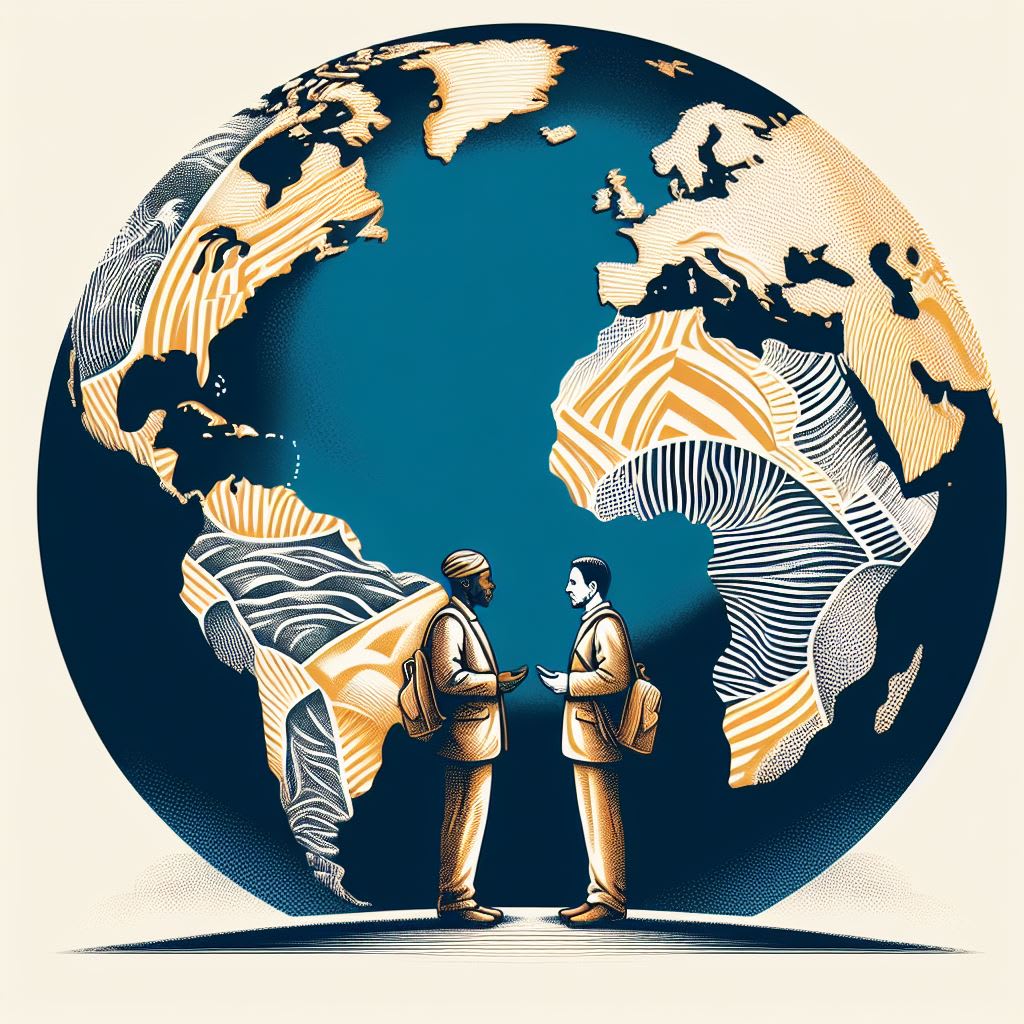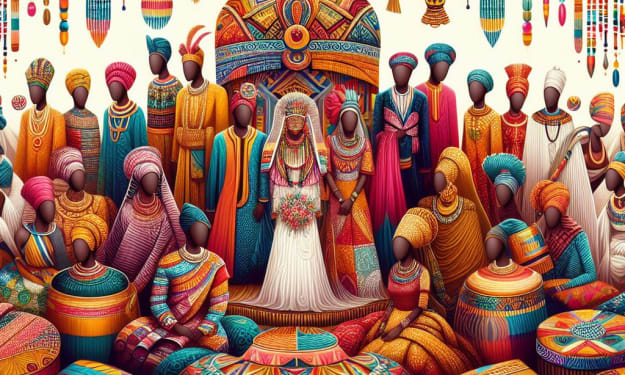What Africans Truly Think About the Western World
Navigating Complex Narratives, Building Bridges of Understanding

Introduction:
The relationship between Africa and the Western world has been a complex tapestry woven over centuries of history, shaped by colonization, globalization, and cultural exchange. Yet, amidst the dynamic interplay of cultures and ideologies, there exists a rich tapestry of African perspectives on the Western world that often remain unheard or overlooked. In this article, we delve deep into the hearts and minds of Africans to uncover their nuanced thoughts, feelings, and perceptions about the Western world.
Exploring African Perceptions:
To truly understand what Africans think about the Western world, we must first acknowledge the diversity of perspectives that exist across the continent. From bustling metropolises to remote rural villages, Africans from all walks of life hold unique insights shaped by their experiences, values, and cultural heritage.
One common sentiment echoed by many Africans is a deep admiration for the technological advancements and economic prosperity synonymous with the Western world. From awe-inspiring skyscrapers to cutting-edge innovations in science and medicine, Africans often view the West as a beacon of progress and opportunity. This admiration is fueled by a desire for development and modernization, as many Africans aspire to emulate the success of Western societies in their own communities.
However, alongside this admiration lies a profound sense of skepticism and critique. Many Africans lament the persistent stereotypes and misconceptions perpetuated by Western media, which often portray Africa through a lens of poverty, disease, and conflict. This portrayal not only undermines Africa's rich cultural heritage and diverse landscapes but also perpetuates harmful narratives that fuel prejudice and discrimination.
Moreover, Africans are keenly aware of the legacy of colonialism and imperialism that continues to shape their interactions with the Western world. The scars of colonization run deep, leaving a lasting impact on African societies in terms of political instability, economic exploitation, and cultural erasure. For many Africans, the scars of colonialism serve as a constant reminder of the injustices perpetrated by Western powers and fuel a sense of skepticism towards Western influence.
At the same time, Africans recognize the value of cultural exchange and collaboration with the Western world. From music and art to cuisine and fashion, African culture has been enriched by centuries of interaction with the West, resulting in a vibrant tapestry of traditions that reflect the fusion of diverse influences. Many Africans embrace this cultural exchange as an opportunity to celebrate diversity and foster mutual understanding between continents.
Challenges and Opportunities:
While Africans hold a range of perspectives on the Western world, there are several common themes that emerge when discussing the challenges and opportunities of this relationship. One recurring challenge is the issue of neocolonialism, whereby Western powers exert influence over African economies and politics through economic aid, trade agreements, and military interventions. This perpetuates a cycle of dependency and exploitation that undermines Africa's sovereignty and hinders its development.
Additionally, Africans often express frustration with the persistence of racial prejudice and discrimination in Western societies. Despite advancements in civil rights and social justice, many Africans continue to face barriers to inclusion and equality in Western countries, leading to feelings of marginalization and alienation.
However, amidst these challenges lie opportunities for collaboration and mutual growth. Many Africans are eager to engage with the Western world on equal terms, seeking partnerships that prioritize mutual respect, reciprocity, and shared prosperity. By leveraging Africa's rich natural resources, human capital, and entrepreneurial spirit, there is immense potential for innovation and investment that can benefit both African and Western societies alike.
Conclusion:
In conclusion, the relationship between Africa and the Western world is a multifaceted tapestry of perspectives, shaped by history, culture, and socio-economic dynamics. While Africans hold diverse views on the Western world, ranging from admiration to skepticism, there is a shared desire for collaboration, mutual respect, and inclusive development.
By acknowledging and amplifying African voices in the global dialogue, we can foster greater understanding, empathy, and cooperation between continents. Together, Africans and Westerners can work towards building a more inclusive, equitable, and prosperous future for all.





Comments
There are no comments for this story
Be the first to respond and start the conversation.